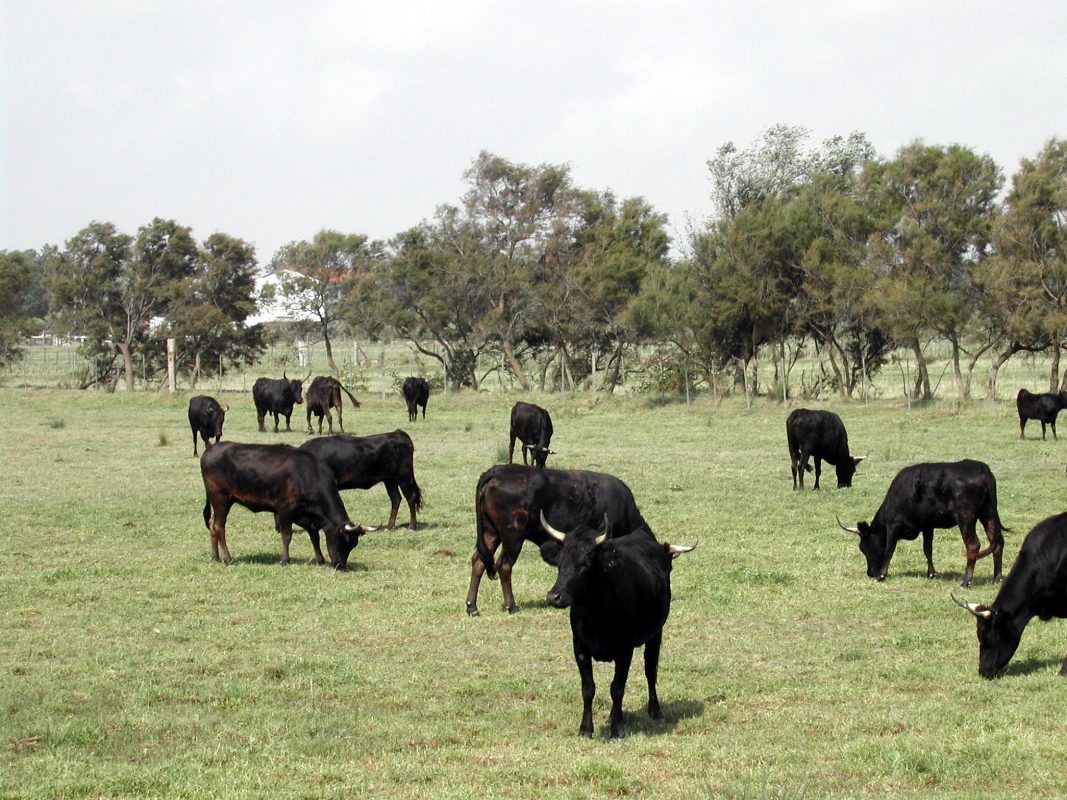|
Getting your Trinity Audio player ready... |
Forget old-fashioned Central Bank stimulus as experienced during the 2008 financial crisis. Watch for the entire 2020 narrative to be hijacked by Technocrats who want resuscitate the global economy by spending taxpayer money on Green New Deal programs.









